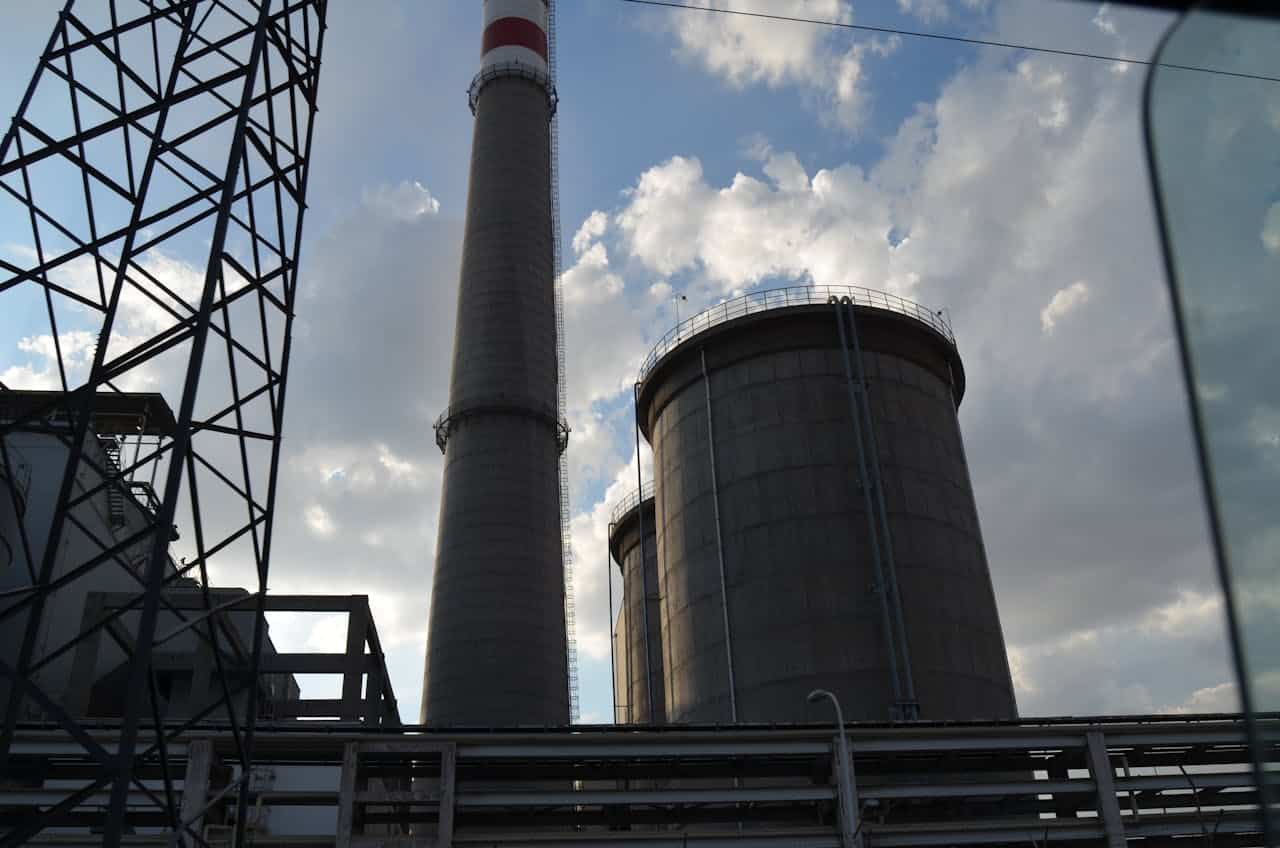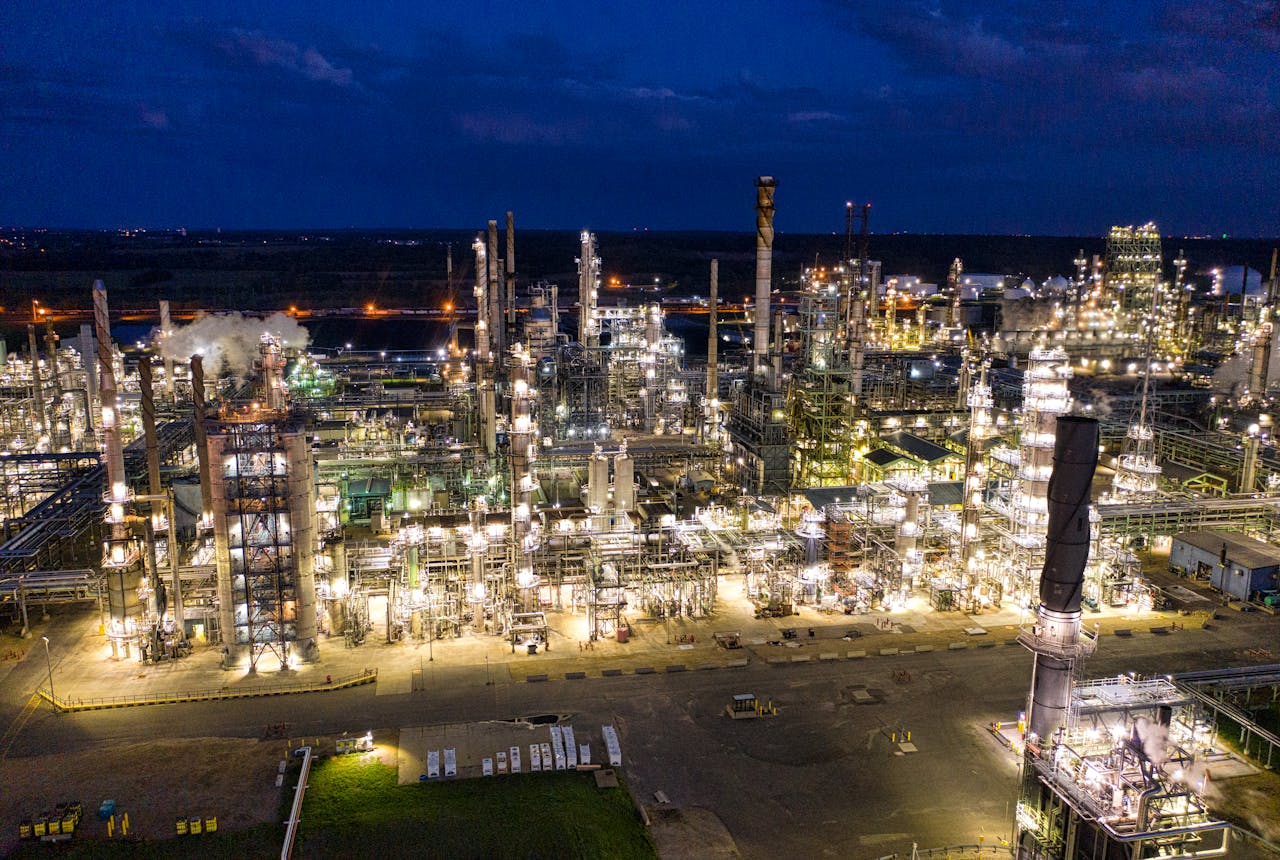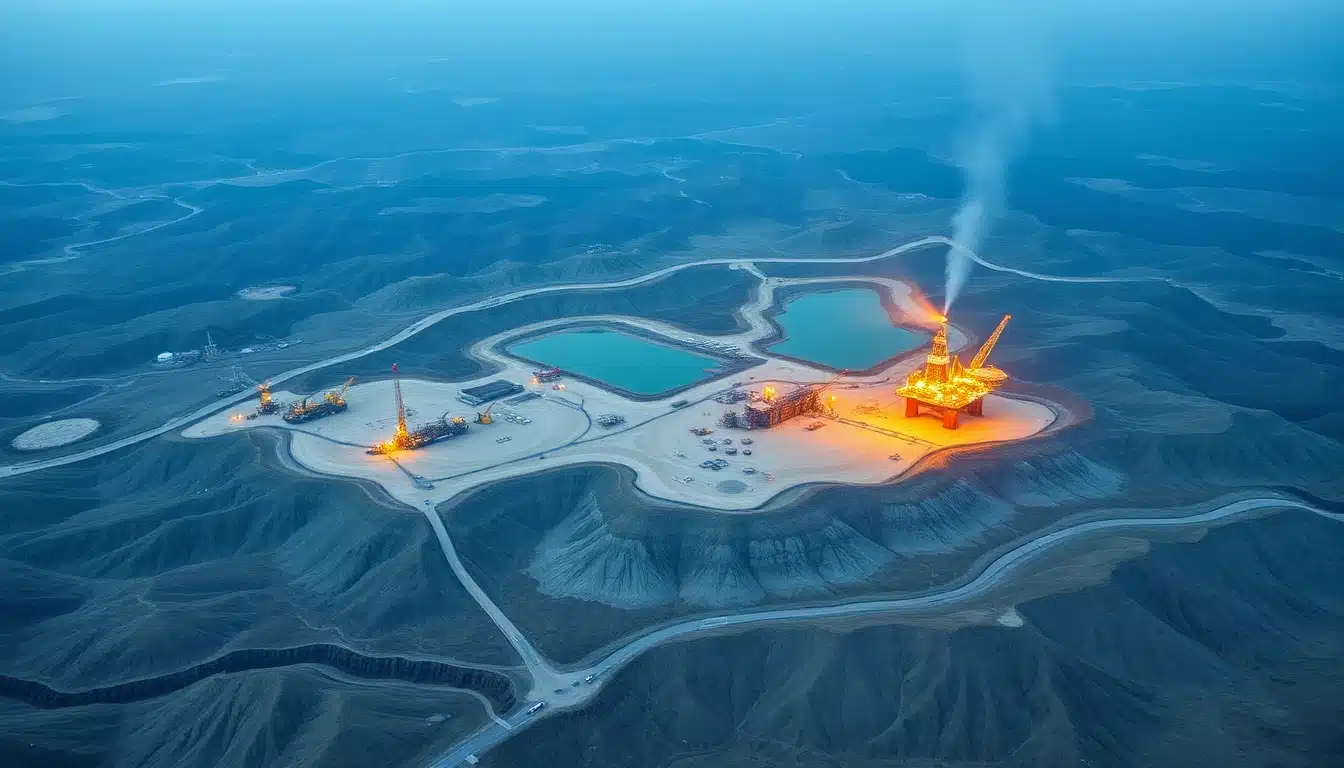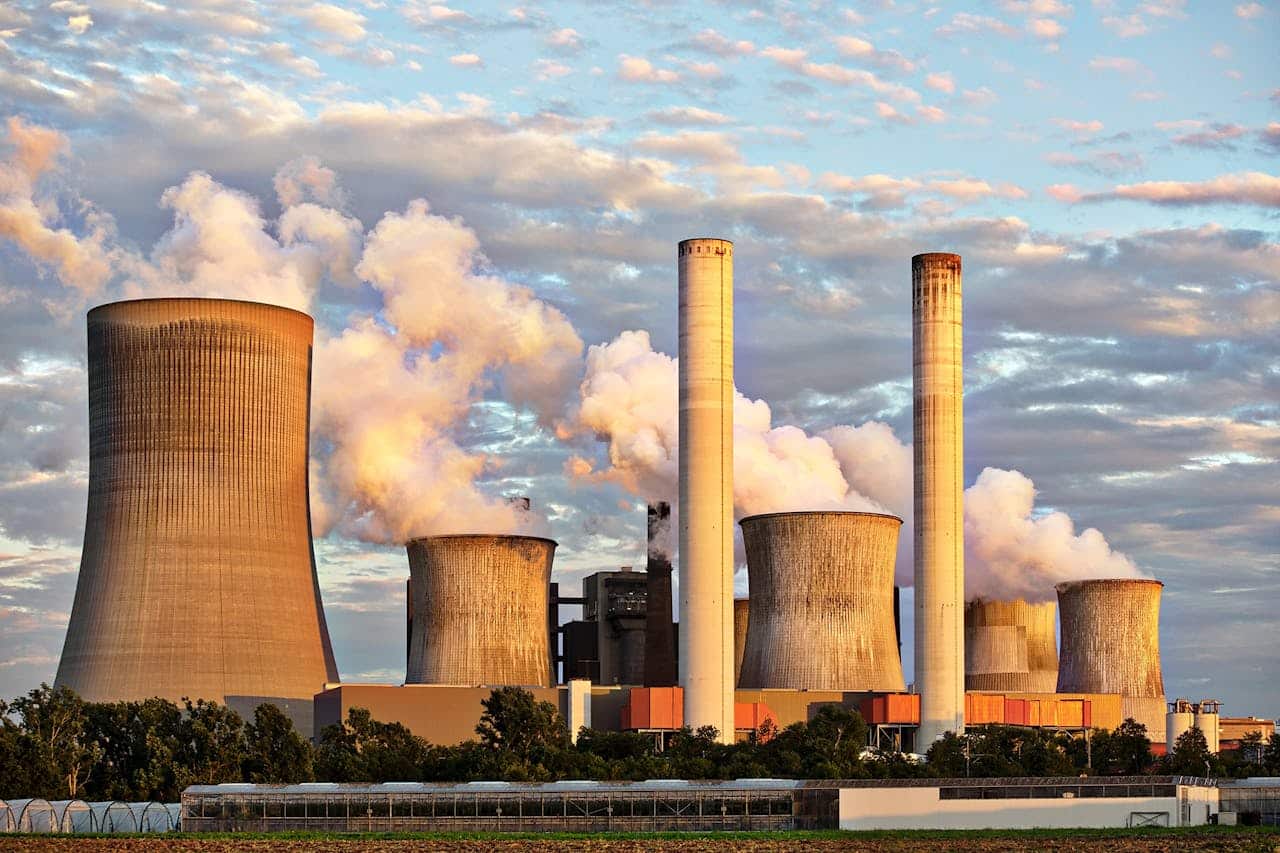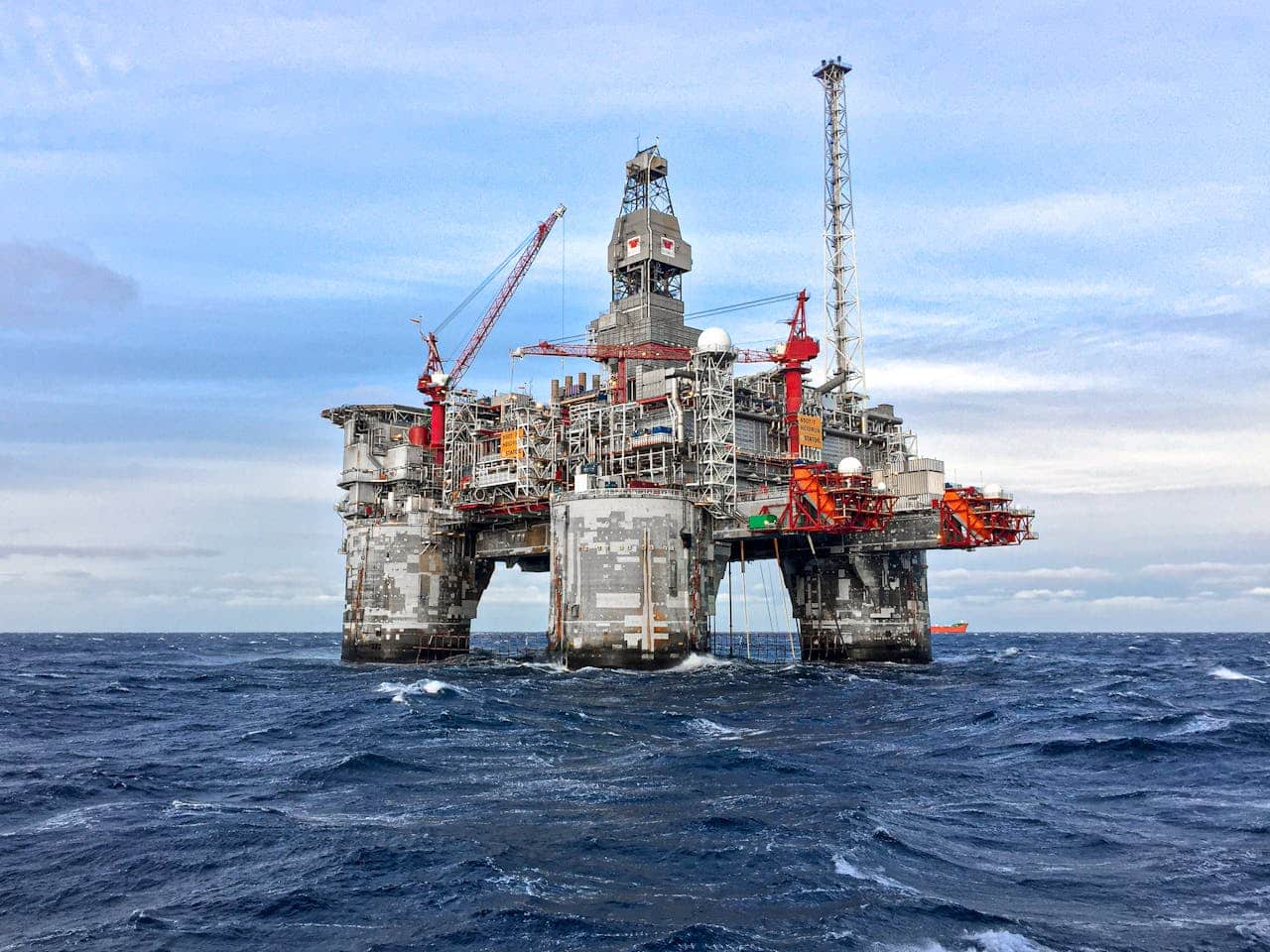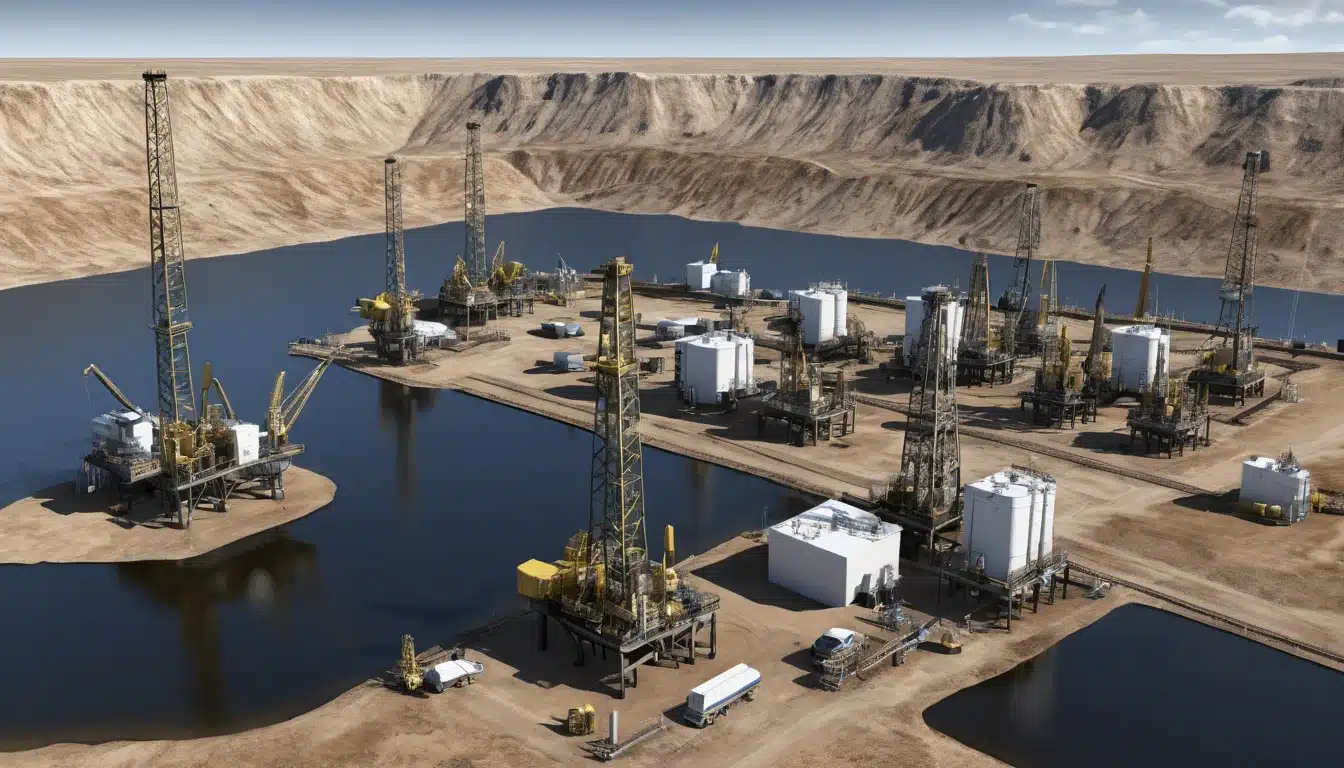Advanced Petroleum Geology and Petroleum Geoscience Training Course
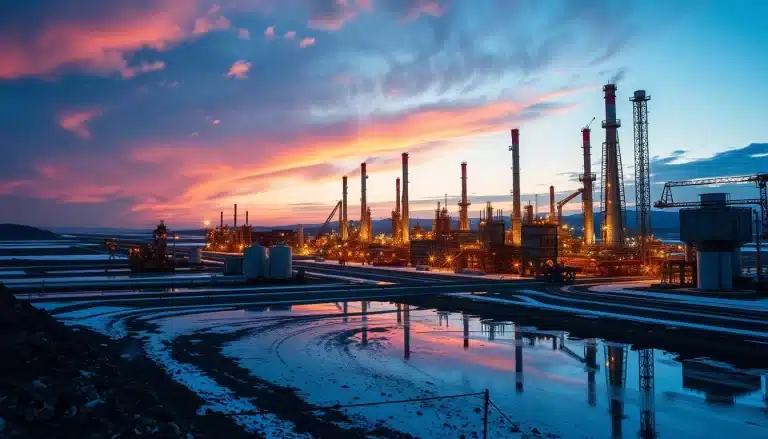
| Date | Format | Duration | Fees (USD) | Register |
|---|---|---|---|---|
| 24 Nov - 28 Nov, 2025 | Live Online | 5 Days | $3785 | Register → |
| 21 Dec - 25 Dec, 2025 | Live Online | 5 Days | $3785 | Register → |
| Date | Venue | Duration | Fees (USD) | Register |
|---|---|---|---|---|
| 09 Nov - 13 Nov, 2025 | Doha | 5 Days | $5775 | Register → |
| 10 Nov - 14 Nov, 2025 | New York | 5 Days | $6835 | Register → |
| 01 Dec - 05 Dec, 2025 | London | 5 Days | $6305 | Register → |
Did you know that global drilling activity declined by 21% in 2023, with commercial success rates reaching their lowest point since 2018? This compelling statistic underscores the critical importance of advanced petroleum geoscience in today’s energy sector.
Course Overview
The Advanced Petroleum Geology and Petroleum Geoscience Training Course by Alpha Learning Centre is meticulously designed to provide a comprehensive understanding of modern techniques and equipment integrated with fundamental geological skills and expertise. This course focuses on the strategic aspects of studying and finding hydrocarbons, reservoir characterisation, and procedures for improving production.
Why Select This Training Course?
Selecting this training course offers numerous advantages for professionals involved in petroleum exploration and production. Participants will gain advanced knowledge of geological mapping, modelling techniques, and modern seismic interpretation. The course provides hands-on experience with industry-standard software, enabling attendees to optimise their exploration and production processes.
For organisations, investing in this training enhances overall exploration success rates and reduces vulnerability to unsuccessful drilling. Research shows that organisations implementing comprehensive reservoir characterisation techniques experience significant improvements in recovery rates and operational efficiency.
Individuals who complete this course will benefit from enhanced career prospects as they become more valuable assets in their respective fields. Studies indicate that with the oil and gas data management market projected to reach USD 142.4 billion by 2033, growing at a CAGR of 16.8%, the demand for skilled professionals continues to rise.
Transform your organisation’s petroleum exploration and production capabilities – Register now for this critical advanced petroleum geoscience training programme.
Who Should Attend?
This Course is Ideal for:
- Exploration and production geologists
- Reservoir engineers and geophysicists
- Well-site geologists and drilling engineers
- Petroleum engineers transitioning to geoscience roles
- Environmental impact assessors in the petroleum sector
- Resource estimation specialists
- Basin analysis experts
What are the Course Objectives?
The objectives of this training course are to enable professionals to:
- Master advanced geological mapping and modelling techniques
- Develop expertise in modern seismic interpretation
- Enhance understanding of reservoir characterisation
- Perfect skills in prospect evaluation and risk assessment
- Acquire proficiency in digital geological tools and software
- Strengthen knowledge of sustainable exploration practices
How will this course be presented?
The Advanced Petroleum Geology and Petroleum Geoscience Training Course employs a comprehensive and innovative approach to ensure maximum knowledge retention and skill development. Expert-led instruction from seasoned petroleum geoscience professionals forms the core of the course, providing up-to-date insights into modern exploration techniques and practical applications for today’s energy sector.
The course utilises a blend of theoretical lectures and practical applications, allowing participants to apply their knowledge to realistic scenarios. Advanced educational methodologies create a personalised and engaging learning journey through:
- Interactive workshops with industry-standard software
- Virtual field trips using augmented reality technology
- Real-time simulation exercises
- Case study analyses from active fields
- Hands-on laboratory sessions
- Collaborative group projects
- Live streaming of drilling operations
Join us now and elevate your petroleum geoscience expertise to new heights!
Course Syllabus
Module 1: Advanced Basin Analysis and Petroleum Systems
- Integrated basin modelling approaches
- Thermal history reconstruction techniques
- Source rock characterisation using biomarkers
- Advanced burial history analysis
- Pressure regime evaluation methods
- Migration pathway analysis using 4D modelling
- Basin classification systems
- Petroleum system elements integration
- Play fairway analysis techniques
- Risk assessment methodologies
Module 2: Modern Seismic Interpretation and Analysis
- Machine learning applications in seismic interpretation
- Advanced attribute analysis and extraction
- 4D seismic monitoring techniques
- Quantitative seismic interpretation
- AVO analysis and interpretation
- Seismic facies analysis
- Velocity modelling and depth conversion
- Integration of well data with seismic
- Neural network applications in seismic processing
Module 3: Reservoir Characterisation and Modelling
- Advanced petrophysical analysis techniques
- Digital rock physics modelling
- Geostatistical reservoir characterisation
- Facies modelling and distribution
- Porosity and permeability prediction
- Reservoir connectivity analysis
- Dynamic reservoir behaviour
- Fracture network modelling
- Diagenetic process impact assessment
- Production data integration
- Uncertainty quantification methods
Module 4: Structural Geology in Petroleum Systems
- Advanced fault analysis techniques
- 3D structural reconstruction
- Stress field analysis and prediction
- Salt tectonics and mobility
- Trap integrity assessment
- Structural restoration techniques
- Fracture prediction methods
- Complex structural interpretation
Module 5: Advanced Well Log Analysis
- Machine learning in log interpretation
- Advanced petrophysical modelling
- Nuclear magnetic resonance analysis
- Image log interpretation
- Acoustic log analysis
- Formation pressure interpretation
- Advanced correlation techniques
- Fluid contact identification
- Well-to-seismic ties
- Synthetic seismogram generation
Module 6: Unconventional Resources
- Shale gas reservoir characterisation
- Tight oil assessment techniques
- Coal bed methane evaluation
- Geomechanical property analysis
- Sweet spot identification
- Production optimisation strategies
Module 7: Digital Technologies in Petroleum Geoscience
- Artificial intelligence applications
- Cloud computing in geological modelling
- Real-time monitoring systems
- Big data analytics in exploration
- Digital twin implementation
- Remote sensing applications
- Automated interpretation systems
- Blockchain in resource management
- Virtual reality in reservoir visualisation
Module 8: Production Geology
- Reservoir monitoring techniques
- Production data analysis
- Well performance optimisation
- Drainage pattern analysis
- Recovery factor enhancement
- Reservoir compartmentalisation
- Field development planning
Module 9: Environmental Geoscience
- Carbon capture and storage
- Environmental impact assessment
- Groundwater protection strategies
- Sustainable exploration practices
- Emission monitoring techniques
- Remediation planning
- Waste management strategies
- Risk mitigation approaches
Module 10: Advanced Exploration Techniques
- Machine learning in prospect generation
- Electromagnetic survey interpretation
- Gravity and magnetic data analysis
- Geochemical exploration methods
- Remote sensing applications
- Basin modelling integration
- Play-based exploration
- Prospect ranking methodologies
- Risk assessment techniques
- Economic evaluation methods
- Portfolio management strategies
Module 11: Reservoir Engineering Integration
- Material balance calculations
- Decline curve analysis
- Pressure transient analysis
- Enhanced oil recovery methods
- Reservoir simulation basics
- Well test interpretation
- Production optimisation
- Reservoir management strategies
- Field development planning
Module 12: Field Development and Management
- Development strategy optimisation
- Production forecasting techniques
- Facility planning and design
- Well placement optimisation
- Recovery mechanism analysis
- Economic evaluation methods
- Risk assessment frameworks
- Environmental compliance
- Project management essentials
- Stakeholder management
Module 13: Advanced Geomechanics and Well Stability
- 3D stress field analysis and modelling
- Wellbore stability prediction
- Pore pressure prediction methods
- Rock mechanical properties assessment
- Fracture gradient analysis
- Sand production prediction
- Drilling hazard assessment
- Formation damage evaluation
- Real-time geomechanical monitoring
- Integration with drilling parameters
Module 14: Digital Data Management and Analytics
- Big data architecture in petroleum geology
- Machine learning for pattern recognition
- Cloud-based data management systems
- Quality control and validation protocols
- Data integration frameworks
- Automated reporting systems
- Real-time data analytics
- Predictive maintenance systems
- Advanced visualisation techniques
- Cybersecurity in geological data
- Knowledge management systems
Training Impact
The impact of advanced petroleum geoscience training is evident through various real-world case studies and data, which demonstrate the effectiveness of structured programmes in enhancing exploration success and operational efficiency.
Research shows that the global oil and gas data management market size was valued at USD 20.3 billion in 2023 and is poised to grow to USD 97.88 billion by 2032, growing at a CAGR of 19.1%. This growth underscores the increasing importance of advanced geological training and data management expertise in the industry.
Studies indicate that companies implementing comprehensive geoscience training programmes have demonstrated measurable benefits in both cost reduction and operational efficiency. The integration of advanced technologies and proper training has led to significant improvements in exploration success rates.
These case studies highlight the tangible benefits of implementing advanced petroleum geoscience techniques:
- Improved exploration success rates in challenging environments
- Enhanced reservoir characterisation through advanced applied petroleum geomechanics
- Increased operational efficiency and cost-effectiveness
- Reduced incidents of unsuccessful drilling through better subsurface characterisation
By investing in this advanced training, organisations can expect to see:
- Significant improvement in exploration and production outcomes
- Improved ability to handle complex geological settings
- Enhanced decision-making capabilities in petroleum exploration
- Increased competitiveness through comprehensive reservoir characterisation
Transform your organisation’s petroleum exploration and production capabilities – Register now for this critical advanced petroleum geoscience training programme.

